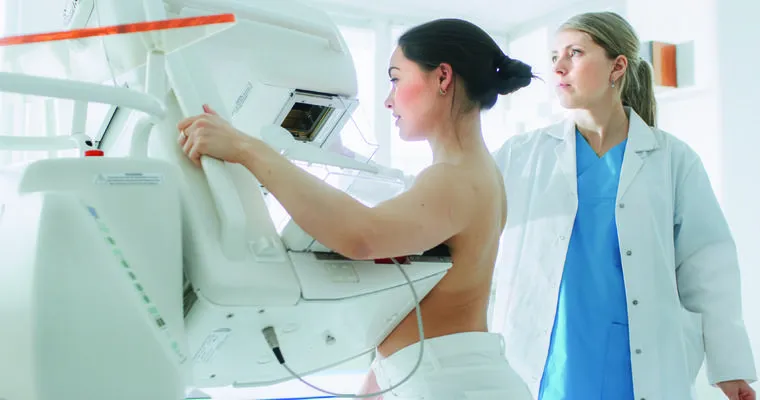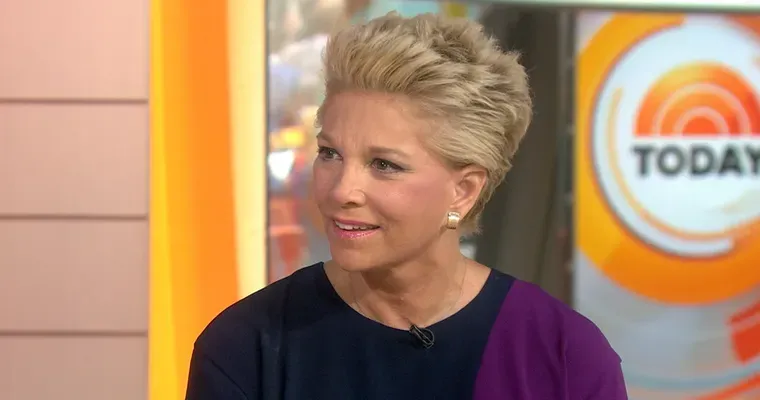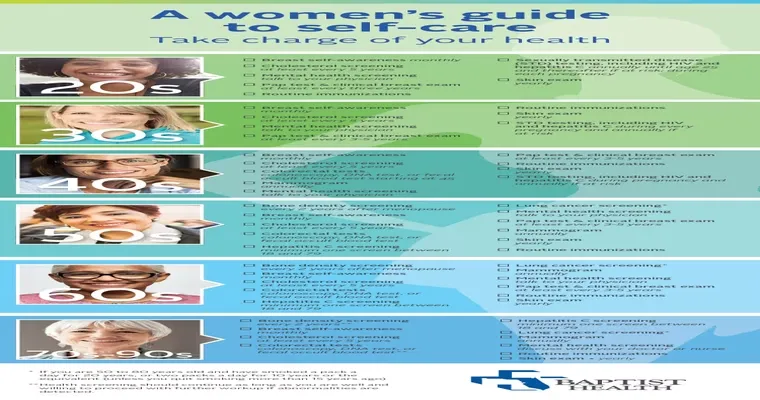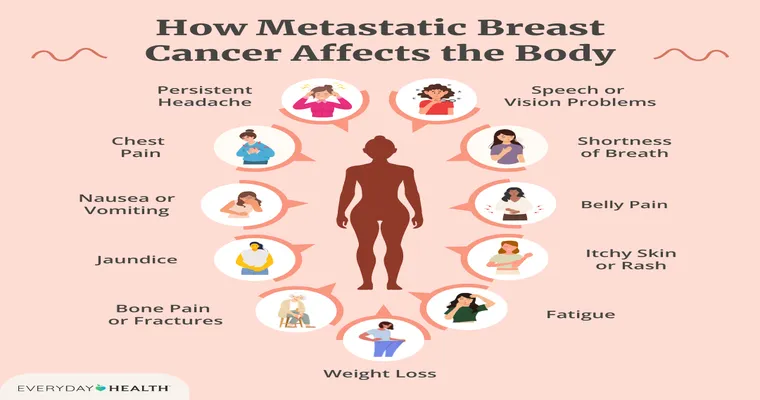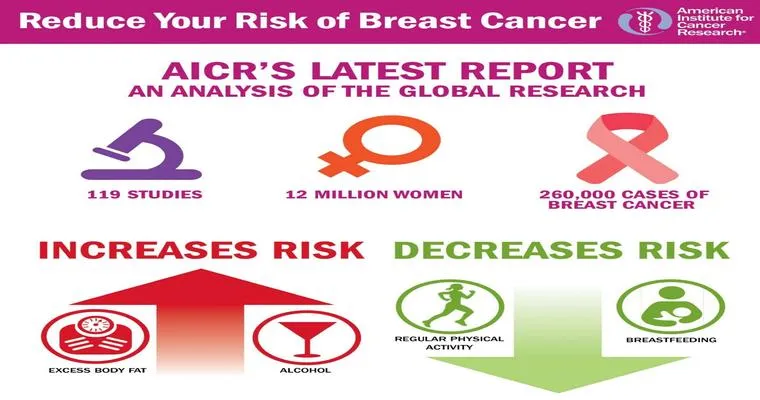Breast cancer screening is a crucial health measure not only for those directly affected by the disease but also for their "caregivers". The role of a caregiver often involves providing emotional and physical support, which can be challenging if the caregiver is not in good health themselves. Understanding the significance of regular "breast cancer screenings" can empower caregivers to take charge of their health while supporting their loved ones.
Breast cancer is one of the most common cancers affecting women, but it can also impact men. For caregivers, maintaining their well-being is essential when assisting someone undergoing treatment or recovery. Regular screenings, such as mammograms and clinical breast exams, can help in the early detection and treatment of breast cancer, which is critical for improving survival rates.
One of the key reasons caregivers should prioritize breast cancer screening is to ensure they are physically and mentally prepared to support their loved ones. The emotional toll of caring for a person with cancer can be significant. If caregivers neglect their own health, they may become overwhelmed or face health issues that could hinder their ability to provide care. By staying proactive about their health, caregivers can continue to offer the necessary support and maintain their own quality of life.
Additionally, caregivers often serve as advocates for their loved ones in medical settings. By understanding the importance of breast cancer screenings, caregivers can encourage their loved ones to adhere to their screening schedules and treatment plans. This advocacy can lead to better health outcomes and reinforce the caregiver's role as a pivotal part of the patient's support system.
Another aspect to consider is the "impact of stress" on caregivers. The stress associated with caregiving can lead to various health problems, including a weakened immune system. Regular breast cancer screenings can serve as a preventive measure that alleviates some of this stress. Knowing that they are taking steps to ensure their health can provide caregivers with peace of mind and a greater sense of control over their situation.
Moreover, caregivers often have their own personal and family histories to consider regarding breast cancer. Genetics can play a significant role in the likelihood of developing the disease. By understanding their own risk factors and participating in regular screenings, caregivers can take proactive steps in managing their health and potentially preventing breast cancer.
In conclusion, the importance of breast cancer screening for caregivers cannot be overstated. Regular screenings not only help in the early detection of breast cancer but also empower caregivers to maintain their health while supporting their loved ones. By prioritizing their own well-being, caregivers can better navigate the challenges of caregiving, advocate for their loved ones, and ultimately contribute to a healthier environment for both themselves and those they care for.

